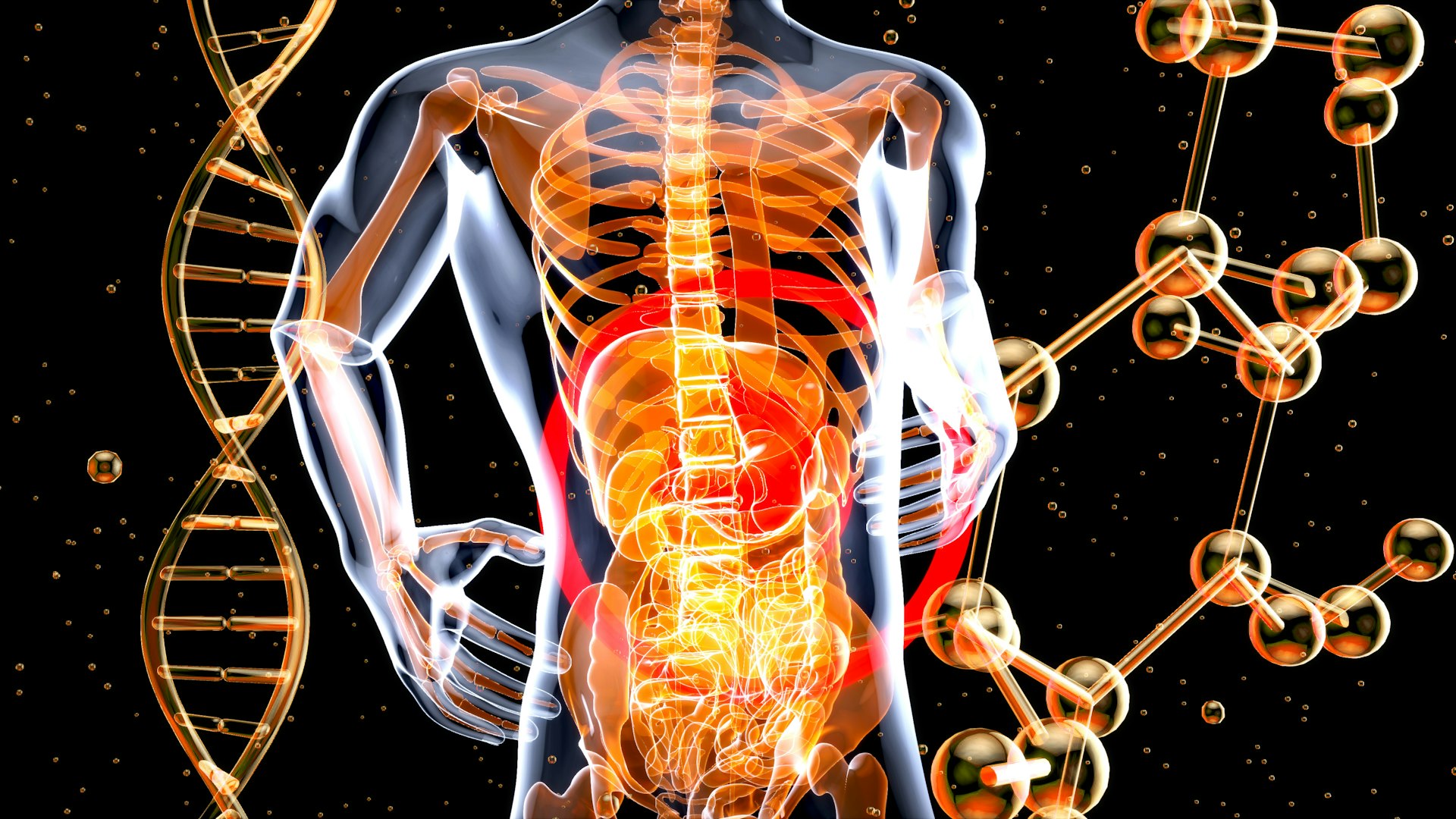Unlocking Brain Health Through Nutritional Psychology: Strategies for Cognitive and Emotional Wellbeing

Photo by BUDDHI Kumar SHRESTHA on Unsplash
Introduction: The Profound Link Between Nutrition and Brain Health
Modern science increasingly recognizes that what we eat shapes not only our bodies but also our minds. Nutritional psychology explores how specific dietary patterns, nutrients, and lifestyle factors affect brain function, mood, and the risk of mental disorders. This article examines actionable, evidence-based steps for supporting cognitive and emotional wellbeing through nutrition, and provides guidance on accessing support and further resources.
Understanding Nutritional Psychology and Its Impact on Mental Health
Nutritional psychology is an interdisciplinary field investigating how dietary choices influence psychological health and cognitive performance. Recent research demonstrates that nutrition affects brain health at multiple levels-from individual brain cells to complex neural networks that govern memory, focus, mood, and behavior. These effects are mediated through mechanisms such as neurotransmitter synthesis, inflammation control, metabolic regulation, and the gut-brain axis [1] .
For example, a balanced intake of vitamins, minerals, healthy fats, and antioxidants is critical for brain metabolism. According to experts, depriving the brain of key nutrients can impair mental function and increase vulnerability to anxiety and depression [3] . Conversely, a nutrient-rich diet provides the metabolic foundation for optimal brain performance and emotional stability.
How Diet Shapes Brain Function and Mood
The brain is an energy-intensive organ, consuming about 20% of the body’s total energy despite weighing only about 2% of body mass. Its functioning relies on a steady supply of ‘premium fuel’-nutrients derived from a diverse, minimally processed diet. Studies have shown that diets high in refined sugars and processed foods can impair brain function, promote inflammation, and are linked with a higher risk of mood disorders such as depression and anxiety [4] .
In contrast, eating patterns rich in fruits, vegetables, whole grains, lean proteins, and healthy fats (like omega-3s from fish or flaxseed) support healthy brain structure and function. These foods provide essential vitamins (e.g., B vitamins, vitamin D), minerals (e.g., magnesium, zinc), and antioxidants that protect against oxidative stress-a process linked to cognitive decline and mental health challenges [5] .
The Gut-Brain Axis: Microbiome’s Role in Mental Wellness
Emerging research highlights the importance of the gut-brain axis-a communication network linking the gastrointestinal tract and the brain. A healthy, fiber-rich diet fosters a diverse gut microbiome, which in turn influences mood, cognitive performance, and even the risk of psychiatric disorders. Fermented foods (such as yogurt, kefir, sauerkraut) and prebiotic fibers (found in garlic, onions, bananas) may be especially beneficial [1] .
Some studies suggest that individuals with more varied diets tend to have better mental health outcomes and fewer symptoms of anxiety and depression. However, individual responses vary, and further research is ongoing to clarify which dietary interventions are most effective for specific mental health conditions.
Dietary Patterns and Cognitive Function: What the Research Shows
Large-scale studies, including those using data from the UK Biobank, have identified strong associations between dietary patterns and brain health. Individuals consuming balanced diets typically demonstrate superior cognitive function and better mental health compared to those with less healthy eating patterns [2] . These studies also suggest that food preferences may have genetic underpinnings, further emphasizing the value of personalized nutrition strategies.
Notably, the Mediterranean diet-rich in plant foods, olive oil, fish, and limited processed foods-has repeatedly been associated with reduced risk of cognitive decline and improved mood. Similar benefits have been reported with the DASH (Dietary Approaches to Stop Hypertension) diet and other nutrient-dense eating patterns.

Photo by Robina Weermeijer on Unsplash
Practical Steps: How to Use Nutrition to Support Brain Health
To harness the benefits of nutritional psychology, consider these actionable steps:
- Prioritize Whole Foods: Base meals around vegetables, fruits, whole grains, nuts, seeds, legumes, and lean proteins. Limit processed snacks, sugary drinks, and refined grains.
- Increase Omega-3 Intake: Include sources like fatty fish (salmon, sardines), walnuts, and flaxseed regularly to support cognitive function.
- Support Gut Health: Consume fiber-rich foods and fermented products to nurture beneficial gut bacteria.
- Stay Hydrated: Adequate water intake is essential for mental performance and mood regulation.
- Monitor for Deficiencies: If you experience persistent mental health symptoms, consult a healthcare provider to assess possible nutrient deficiencies (such as vitamin D or iron) and address them appropriately.
Implementing these changes may be challenging, especially if your current diet differs significantly. Start with small, sustainable adjustments-such as adding one extra serving of vegetables per day or replacing a sugary snack with a handful of nuts.
Accessing Support: Professional Guidance and Resources
If you are interested in personalized nutritional strategies, consider consulting a registered dietitian or a licensed healthcare provider with expertise in nutritional psychiatry. Many mental health clinics now integrate dietary assessments into their practice. To find qualified professionals:
- You can search for registered dietitians through the Academy of Nutrition and Dietetics’ ‘Find a Nutrition Expert’ tool on their official website.
- Ask your primary care physician for referrals to specialists experienced in nutritional psychology or integrative mental health.
- Mental health organizations such as the National Alliance on Mental Illness (NAMI) provide resources and may connect you with professionals focused on holistic approaches.
For those seeking self-guided learning, look for reputable sources such as Harvard Health Publishing, the American Psychological Association, or peer-reviewed journals available through the National Institutes of Health’s PubMed Central.
Overcoming Barriers and Alternative Approaches
Some individuals may face obstacles such as limited access to fresh foods, financial constraints, or dietary restrictions. Community programs, local food banks, and government assistance initiatives may help bridge these gaps. If you have a medical condition affecting digestion or nutrient absorption, consult your healthcare provider for tailored recommendations.
Alternative approaches may include supplementation with vitamins or minerals, but these should always be discussed with a qualified professional to avoid potential interactions or overdosing. Lifestyle factors such as regular physical activity, sufficient sleep, and stress management further enhance the benefits of a nutritious diet on brain health.
Key Takeaways and Next Steps
Nutrition plays a central role in supporting cognitive performance and emotional resilience. While no single food or supplement can guarantee mental wellbeing, a balanced, diverse diet-rich in whole foods and low in processed products-lays the foundation for optimal brain health. If you are seeking to implement dietary changes, start with small, manageable steps, and seek professional guidance when needed. For the most current research, search for terms like “nutritional psychiatry,” “gut-brain axis,” and “diet and mental health” on trusted platforms such as PubMed Central, the American Psychological Association, or Harvard Health Publishing.
References
- Nutrition and the Brain – Exploring Pathways for Optimal Brain Function (2024). National Institutes of Health.
- Associations of dietary patterns with brain health from behavioral, metabolic, and neuroimaging perspectives (2024). Nature Mental Health.
- Nutrition’s Role in Mental Health (2021). American Psychological Association.
- Nutritional psychiatry: Your brain on food (2015). Harvard Health Publishing.
- Nutrition and mental health: A review of current knowledge (2022). National Institutes of Health.
MORE FROM getscholarships.net













